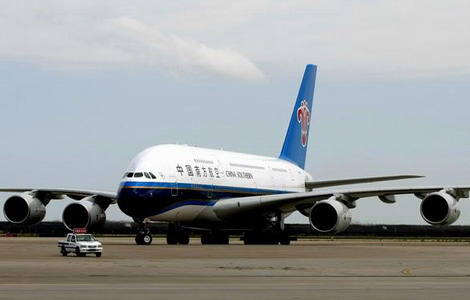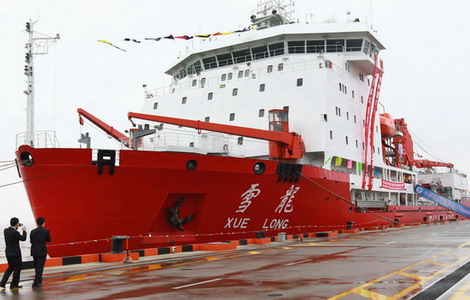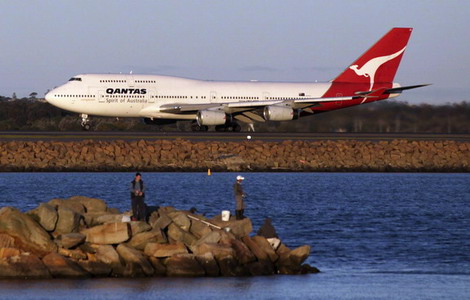EU sanctions on Syrian oil 'unjust': minister
Updated: 2011-10-27 20:38
(Xinhua)
|
|||||||||||
DAMASCUS - Syrian Oil Minister Sufian Alaw reasserted Thursday that the EU sanctions on the oil sector in Syria are "unjust and prejudicial," but stressed that alternatives are still available for Syria.
In September, the European Union agreed to widen the bloc's sanctions against Syria by banning investment in the country's oil sector citing alleged brutal crackdown on protesters by the Syrian regime. It also reinforced the ban on Syrian crude oil imports.
The Syrian government is working hard to alleviate the burden on Syrian citizens and not to make the sanctions reverberate on them, Alaw said at a press conference, adding that the government is shouldering the full burden of those sanctions.
He indicated that the government's losses are more than 200 billion Syrian pounds ($4 billion) a year, as the government sells a litre of gasoline at 15 Syrian pounds while it actually costs the government more than 50 pounds.
The Syrian minister said discussions are underway currently with more than 50 world oil companies to export the Syrian crude oil, adding that the government has already signed three contracts to export crude oil that would likely be implemented as of November.
"Alternative markets are available but still need to overcome some obstacles," he said, noting that the major obstacle is to find tankers to ship the Syrian crude oil.
He said there is no declared ban on importing oil derivatives but the obstacles are still there, mainly to find tankers and open credits at banks.
Allow said the first shipment will arrive in Syria from Venezuela within a month.
Syria exports some 140,000 barrels of oil per day, with the vast majority going to the European Union. The EU said that Syria earned 3.1 billion euro ($4.4 billion) by selling oil to the EU in 2010.
Alaw said exportation is suspended now, adding that the government has been obliged to reduce production "because we don't have enough storage capability but once we are able to re-export, we will increase production."
Related Stories
US expects ambassador to return to Syria 2011-10-27 10:43
FM urges Syria to fulfill reform promises 2011-10-26 07:40
China urges Syria to fulfill reform promises 2011-10-26 07:40
Syria recalls ambassador to US: TV 2011-10-25 13:07
Hot Topics
Libya conflict, Gaddafi, Oil spill, Palace Museum scandal, Inflation, Japan's new PM, Trapped miners, Mooncake tax, Weekly photos, Hurricane Irene
Editor's Picks

|

|

|

|

|

|







